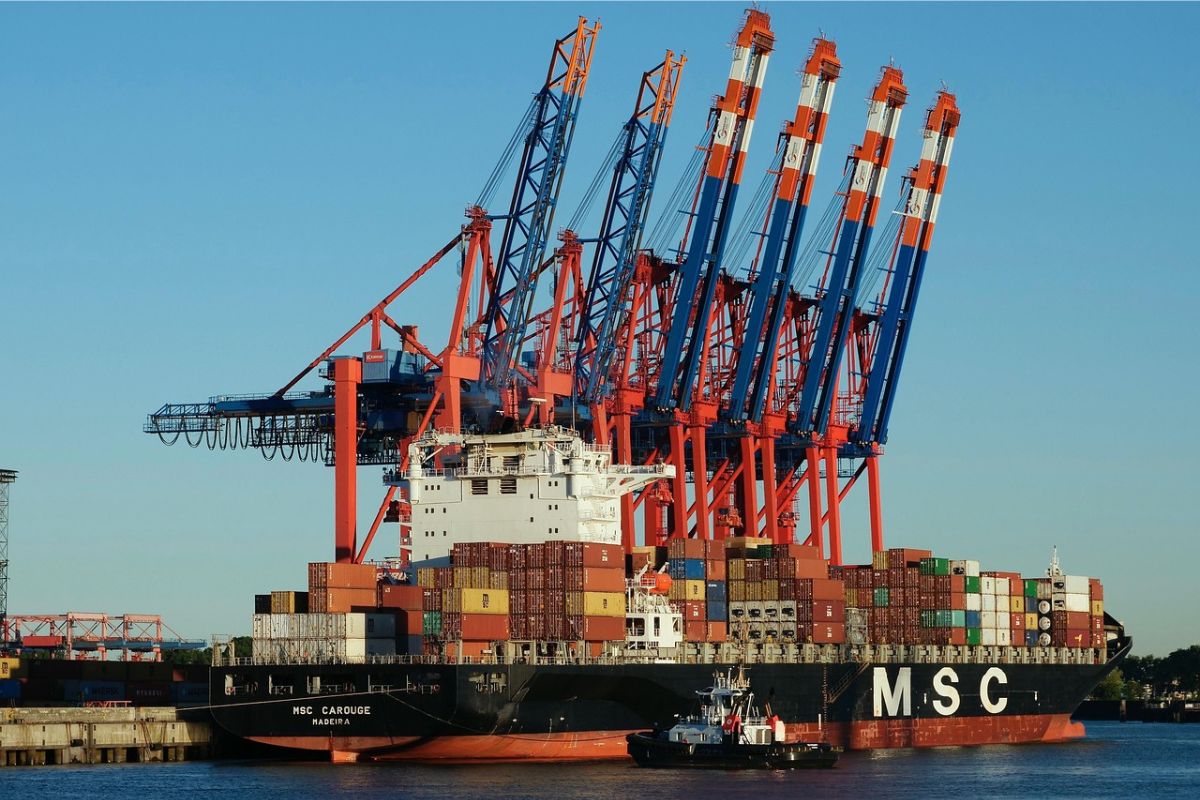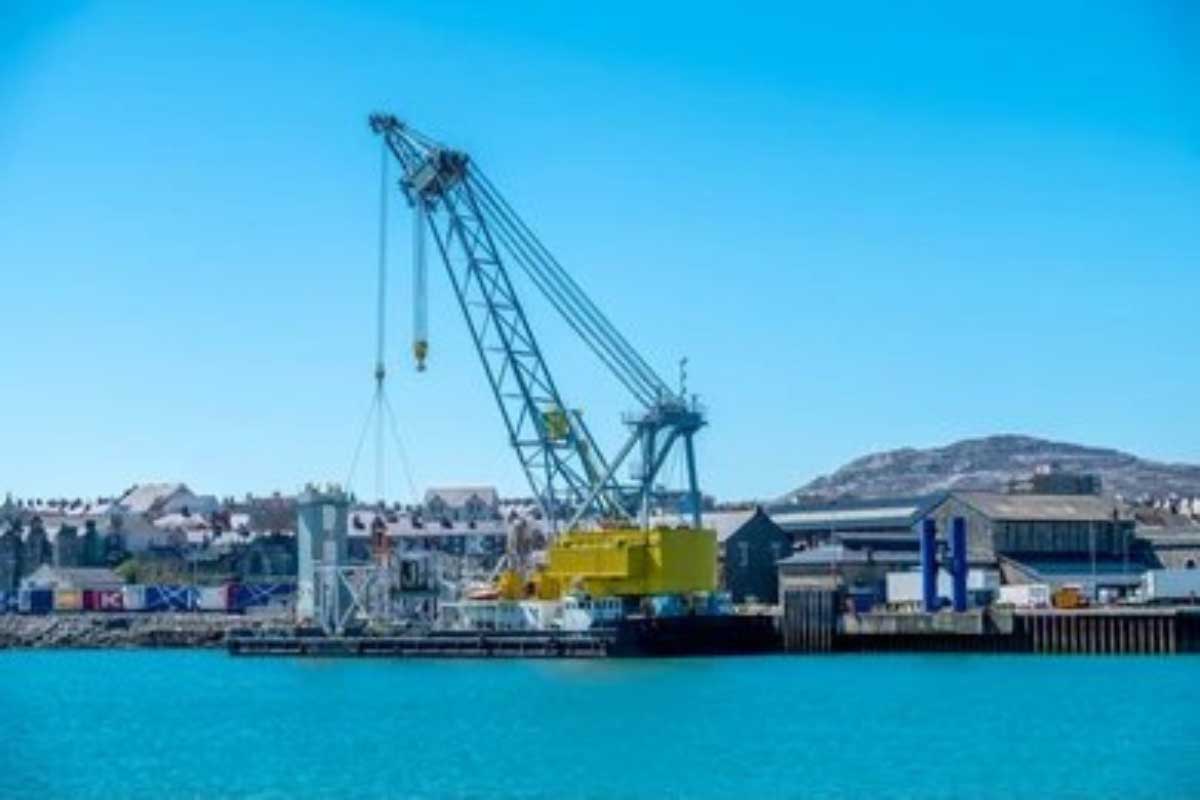If you want to move large cargo efficiently, knowing about truckload shipping is one of the methods that will be helpful. Under this method, a single truck (usually with a 48 or 53-foot trailer) is committed to a single shipment. Focusing on shipments best suits large businesses with significant freight traffic, as it allows direct movement from starting points to endpoints without any halts in between.
In the logistics and transport sector, truckload shipping is highly valued. In the United States, the truck transportation industry is estimated to yield around $295.8 billion in revenue by 2024. Economically, this serves to highlight the need for truckload shipping to maintain the timely delivery of goods transported across long distances.
What is Truckload Shipping?
In truckload shipping or Full Truck Load (FTL), a single shipment is large enough to fill an entire truck, creating efficiency in freight transport by minimizing handling. This system works best for companies that need direct transport of large quantities of goods without intermediate stops. Generally, FTL shipments are quicker, safer against damage, and, when transporting bulk freight over long distances, more economical than other options.
While less-than-truckload (LTL) shipping amalgamates numerous shipments into a single truck, full-truckload (FTL) shipping offers greater security and ease. Increased handling and multiple stops make LTLs slower and more prone to damage. Although LTLs remain a smart option for smaller loads, companies that deal with large volumes of freight will appreciate the speed and reliability that FTLs offer.
Types of Truckload Equipment
Choosing the correct type of truckload equipment is important for the careful and efficient transport of products. Different types of industries require specific types of trailers for their cargo which may be general merchandise, oversized machinery, or even perishable goods. Provided below are the main types of truckload equipment utilized in freight transportation.
Dry Van Trailers
The most common kind of truck equipment used at driers is a dry van trailer. This type of trailer is built to carry goods that do not perish over time within a protected, weather-proof environment. Dry vans are perfect for retail items, electronics, and other packed products. The protection from theft and external factors that these trailers provide makes them a choice preference for long-distance shipments.
Flatbed Trailers
A flatbed trailer is used for assorted loads of construction equipment such as industrial machinery that are oversized and heavy and might not fit inside a standard dry van trailer and a flatbed or open structure trailer makes loading and unloading using cranes or forklifts easier. With their quick adaptability, these trailers are suitable for freight that needs specialized handling.
Refrigerated (Reefer) Trailers
Reefers, or refrigerated trailers, are used for transporting food, pharmaceuticals, and other items that can perish quickly. These trailers keep the right climate conditions so that nothing goes bad from the time it is picked up till it is delivered.
Benefits of Truckload Shipping
Truckload (FTL) shipping is beneficial for businesses wanting to transport large shipments in a single movement. It is preferred as a method of freight transportation because it is reliable, quick, and economical. Assigning an entire truck to a single shipment allows companies to realign their entire supply chain and maintain seamless logistics. The following list is all the advantages of truckload shipping.
Faster Transit Times
FTL shipping is one of the quickest options available since it allows one to bypass several stops and transfers. Truckload (TL) shipment requires additional handling points in comparison to LTL shipments; however, FTL shipments go directly from the pickup location to the destination. This guarantees timely delivery and makes it appropriate for businesses and products that are sensitive to time and need strict deadlines.
Reduced Risk of Damage
When shipping by truckload, goods are only loaded once and transported in a single truck until reaching the final destination. This is different from LTL shipments, where cargo is moved between multiple trucks and terminals, increasing the frequency of handling. Reduced handling helps mitigate damage, which makes FTL a better option for fragile or high-value items.
Cost-Effectiveness for Large Shipments
For companies with big orders, FTL shipping is quite economical. As the trailer will be fully loaded with one shipment FTL, there are no extra fees for spatial payment which makes the service affordable for transporting goods over great distances.
When to Choose Truckload Shipping
Full truckload (FTL) shipping is ideal for businesses that have large shipments that require the unused space in the truck to be filled entirely. It works particularly well for shipments that require urgent delivery, fragile items that need very little handling, and direct transport with no interruptions during the trip. Retail, manufacturing, and agricultural businesses frequently use FTL due to its dependability and effectiveness.
Companies need to look at FTL if they want something that is secure, quick and cost-effectively efficient. FTL is cost effective if there is sufficient demand for transport which is usually found in high freight volume businesses. Companies that deal in shipping high-value goods or goods that are sensitive to temperature also benefit as the dedicated transport service is ideal for them.
Best Practices for Truckload Shipping
For companies to operate efficiently, they need to monitor changes in the market, especially concerning fuel prices, carrier supplies, and seasonal shifts in demand. Knowledge of these factors aids in planning shipments, steering clear of high-demand periods, and minimizing freight costs. Good decisions can also be made through collaboration with dependable carriers and the use of management tools for freight.
Having regular schedules for shipping activities enhances the smooth running of operations and improves relationships with the carrier. Carriers that plan their shipments ahead of time and remain in control of their logistics processes with minimal rigidity can eliminate delays and unplanned costs. Improvements in demand-supply fluctuation and optimizing routes, including consolidating shipments, tend to improve the overall performance of the supply chain.
Wrapping Up
When it comes to large shipments, truckload shipping is the most beneficial because of its faster transit times, lower handling risks, and cost savings. FTL (full truckload) forwarding guarantees efficiency in supply chain movement, especially for time-sensitive, high-volume freight. Companies can improve delivery reliability by staying updated on shipping information, keeping to set timelines, and adding more flexibility, which enhances transportation efficiency.






